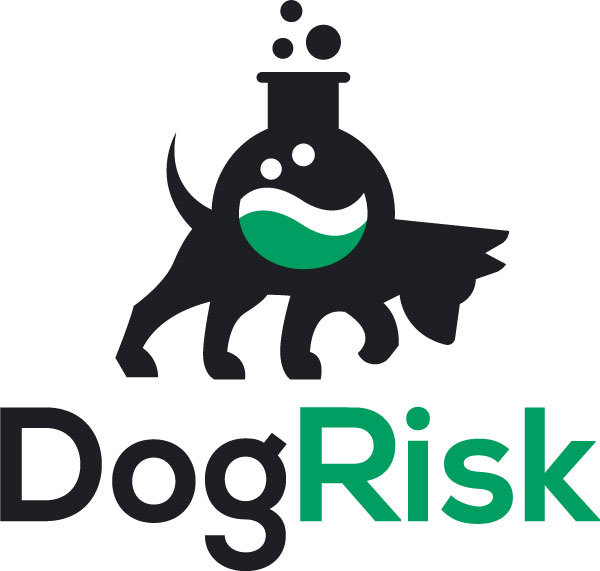






Limitations of this study:
This is an observational study which has inherent weaknesses, although for this type of study it is well controlled. One weakness is that owners were asked to remember aspects of care and feeding years previously and may not have reported them accurately. Second, some of the diagnoses and descriptions of medical conditions were based on the owners’ judgements and were not verified by professional veterinary diagnosis.
Our site uses cookies to improve the website experience, products, to personalize content and ads, to provide social media features and analyze our traffic. By agreeing to the use of cookies on our website, you direct us to share information about your use of the website with our social media, advertising and analytics service providers. For more information, please see our Privacy and Cookie Policy.
Accept